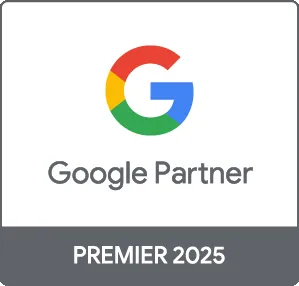Effective ad budgeting is crucial for any business looking to succeed in the competitive landscape of Cape Town. In this guide, we'll explore essential strategies and best practices for setting ad budgets that maximize your return on investment (ROI). Whether you're a small business trying to reach more customers or a large enterprise looking for targeted ads, understanding how to allocate your ad budget can make all the difference.
Understanding Your Goals
Before setting an ad budget, it's essential to define your advertising goals. Consider the following:
- Brand Awareness: If your goal is to build brand recognition, you might allocate more funds towards social media ads and display networks.
- Lead Generation: For generating leads, consider investing in pay-per-click (PPC) campaigns or targeted search ads.
- Customer Retention: Retargeting ads can help you reach existing customers effectively.
Evaluating Your Overall Marketing Budget
Your ad budget should be a portion of your overall marketing budget. Here’s how to determine the right percentage:
- Industry Standards: Research the average ad spending within your industry. Many businesses allocate between 5% to 10% of their revenue to marketing.
- Business Goals: Align your advertising budget with your business's growth objectives. If you're aiming for rapid growth, you might consider a higher percentage.
Analyzing Your Target Audience
Understanding your target audience influences how you allocate your budget. Tools like Google Analytics and Facebook Insights provide valuable data. Here’s what you should analyze:
- Demographics: Knowledge about age, gender, location, and interests can help tailor your ads.
- Behavior: Analyze customer journeys to optimize ad placements and focus budget on channels that yield higher conversions.
Choosing the Right Platforms
Different platforms cater to different segments of the market. Here are common platforms to consider:
- Google Ads: Ideal for targeting customers actively searching for products or services.
- Social Media Advertising: Platforms like Facebook, Instagram, and LinkedIn can target specific demographics effectively.
- Local Advertising: Leverage platforms like local newspapers or community websites to engage with the Cape Town audience.
Test and Adjust Your Budget
Once your budget is set, continuous testing is key:
- A/B Testing: Experiment with different ad formats and placements to identify what works best.
- Monitor Performance: Regularly review performance metrics and be prepared to adjust your budget based on effectiveness.
Conclusion
Setting an effective ad budget in Cape Town requires careful planning and regular adjustments based on performance. By aligning your budget with your goals, understanding your audience, and continually optimizing your strategies, you can achieve better results and maximize your advertising ROI.





